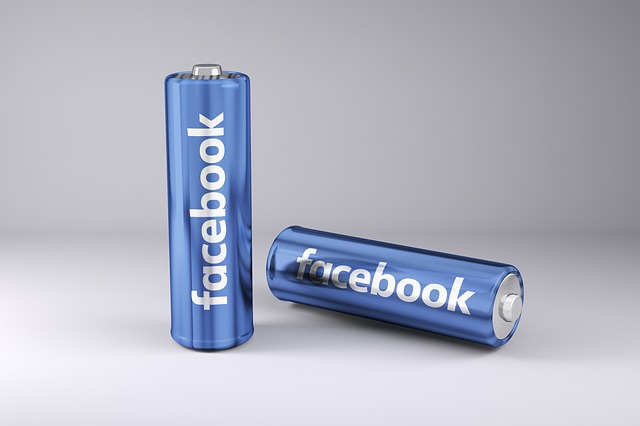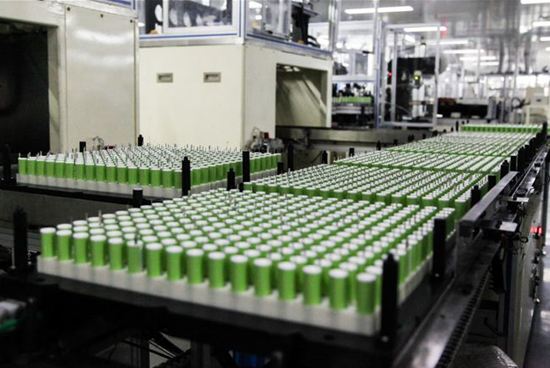Lithium Magnesium Battery-Compared To Lithium Ion Battery
Sep 06, 2019 Pageview:1630
You might have been hearing rumors in the news that the Post-Lithium era is starting now. The National Renewable Energy Labs have found a way to make the magnesium batteries more viable than their lithium counterparts. As lithium-ion batteries are used for almost every device nowadays, the shift in technology might be a big thing. But for commercialization, it is necessary that the researchers and scientist explore other options for better results as well.
So, here we are going to learn how the scientists have made this new technology useful and whether it will entirely replace the lithium-ion batteries or not. Let’s start by answering the simplest question.
Might Magnesium Replace Lithium?
The answer to this question relies on the capabilities of Magnesium. Potentially, the batteries made from Magnesium are most likely to have a higher energy density, greater stability, and lower cost as compared to the Lithium-ion batteries. But in reality, these are only predictions made by the Departments of National Renewable Energy Lab.
At present, the Lithium-ion battery dominates the battery technology without any competition. But it is already attaining the maximum amount of energy stored per unit volume. Therefore, there is an urge to examine the new battery chemistries so that you can have more energy without increasing the cost. There are several disadvantages of the Lithium-ion batteries which have forced the companies to look for an alternative. Some of the drawbacks of this technology are given below:
· One of the biggest problems with Lithium-ion batteries is that they have a self-discharge problem. Even if the battery is not being used, the battery capacity will keep declining 1.5% per month. And the self-discharge rate keeps on increasing with state of charge and rise in temperature. So, after several months, the battery will ultimately die.
· Even though the battery life of Lithium battery is good, but there are lots of factors that can change that. It includes temperature, discharges current, charges current, state of charge range, and power source.
· Even the safety standard of Lithium battery doesn’t meet the home requirements. There are chances that five common exothermic reactions can happen during the degradation of the batteries and all of them are risky.
But the good thing about Lithium-ion technology is that all these drawbacks can be taken care of if the consumers pay attention. It is obvious that everything comes with a certain lifespan. And one day, the Lithium metal will also become a rare metal. Therefore, companies need to invest in experiments regarding other relevant battery technologies.
Characteristics Of Lithium Magnesium Battery:
The basic characteristics of the Magnesium battery are supposed to have many advantages over the Lithium-ion. We all can agree that Magnesium seems to be a very promising material as a post-Lithium strategy. It is expected that it as an anode material, it will provide better energy density and safety. Some characteristics that are worth mentioning about the Magnesium battery:
· In comparison to the lithium anode, magnesium anodes don’t exhibit Dendrite formation at a low amount of current density. This prevents intercalation at the anode which is a big problem for the Lithium anodes.
· The absence of the intercalation layer theoretically improves the relative volumetric energy density of the anode around 5 times.
· Along with this, Lithium is a scarce material whereas magnesium sources are vast. Therefore, the material also has a cost advantage over Lithium.
· The risks of Magnesium battery is also considerably less. Due to the lack of crystal formation on the metal surface, there will fewer chances of short circuit of the battery.
· Moreover, the recycling of magnesium is also easy.
Typically, polyacrylonitrile is used for electrolyte in the magnesium battery as it is a synthetic, semi-crystalline, and organic resin. When the polymer is mixed with magnesium-ion salt and the metal is coated with it, the reaction with the electrolyte can be prevented. Some prototypes are designed with this concept and it has shown promising results. It enables reversible charging and discharging which is good news.
Application Of Lithium Magnesium Battery:
When it comes to the application of the Magnesium battery, the scientists might face some problems. The main problem which needs to be eliminated is the reaction of magnesium with conventional carbonate electrolytes. It creates a passive layer on the surface of the metal which converts into a barrier and prevents the magnesium ions from reaching the metal during charging. So, the researchers need to find a solid Interphase layer that can be used to coat the magnesium metal thereby preventing the reaction with electrolyte. As a result, the ions can move to and from the metal surface without any difficulty.
At present, it is Honda and Saitec which claims that they have commercialized the Magnesium battery technology successfully.
Even though the scientist and researchers are trying to make a breakthrough in battery technology, still the road is long for commercialization. We really hope that a replacement of Lithium-ion batteries is found as soon as possible. Various strategic alliances and joint ventures are laid to ensure that a reliable and diversified supply of Lithium is maintained throughout the upcoming years. As the use of Lithium chemistry is increasing, the source is going scarce. So, all we can do is to hope that the great minds of our planet come up with a better alternative. Until then, the crown of battery technology is still held by Lithium-ion & you can still use them at affordable prices.
- Prev Article: Revolution Power Lithium Batteries-Battery Science
- Next Article: Mailing Lithium Batteries Overseas
Leave Message
Hottest Categories
-
Hottest Industry News
-
Latest Industry News











